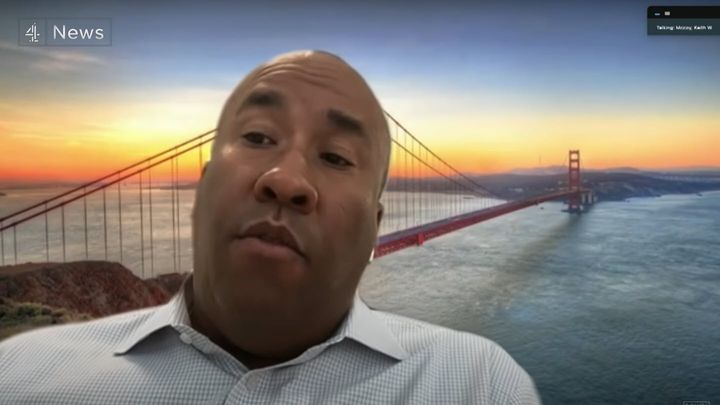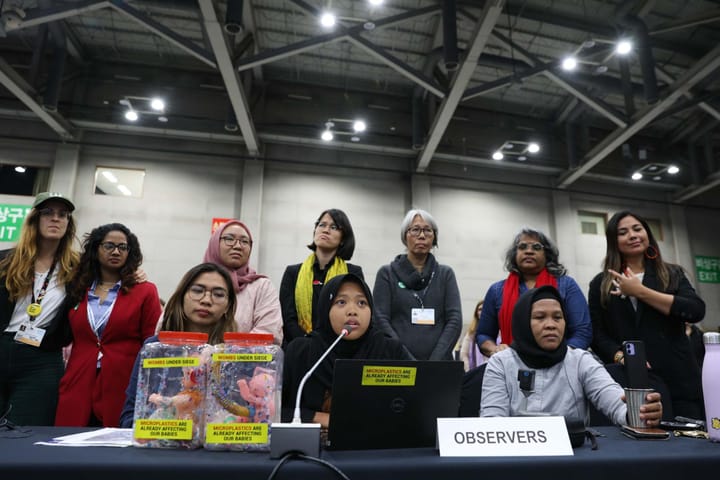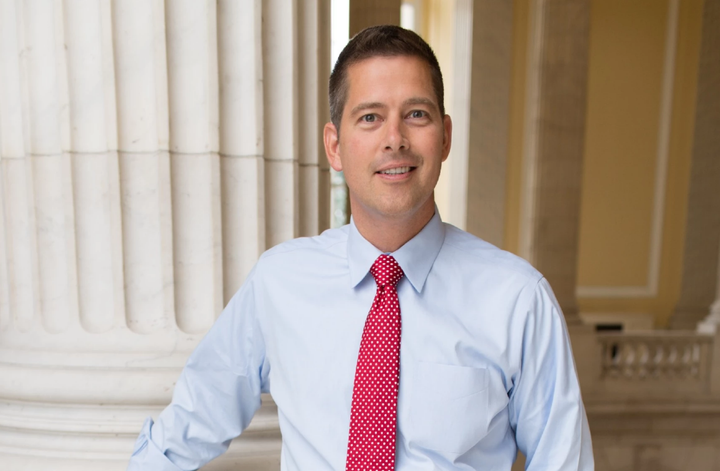Exxon Lobbyist Caught on Tape Is an Advisor to Congressional Black Caucus Foundation

Summary
The lobbyist, Keith McCoy, was caught on video discussing how his company has fought climate science and worked to stop Congress from passing climate bills. The CBC Foundation has declined to boot him from its advisory board.


